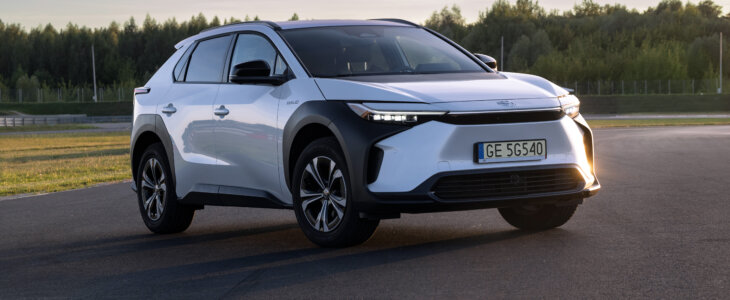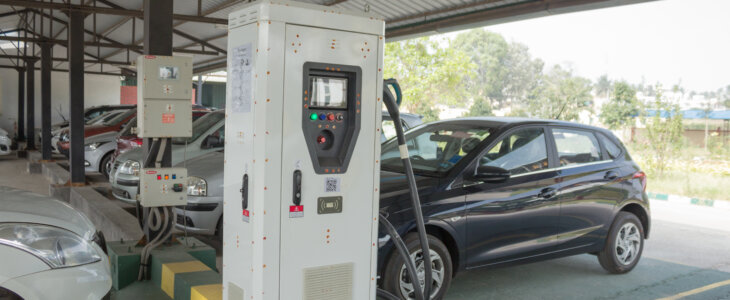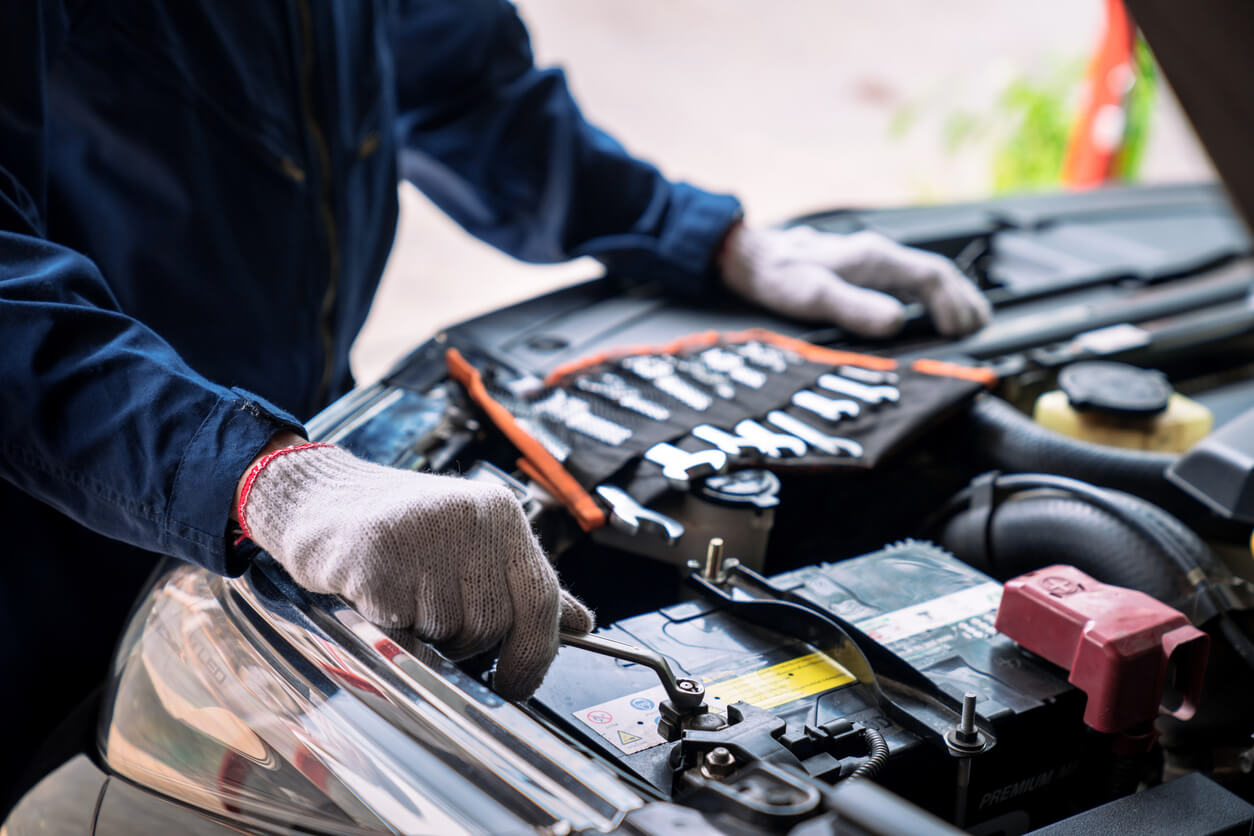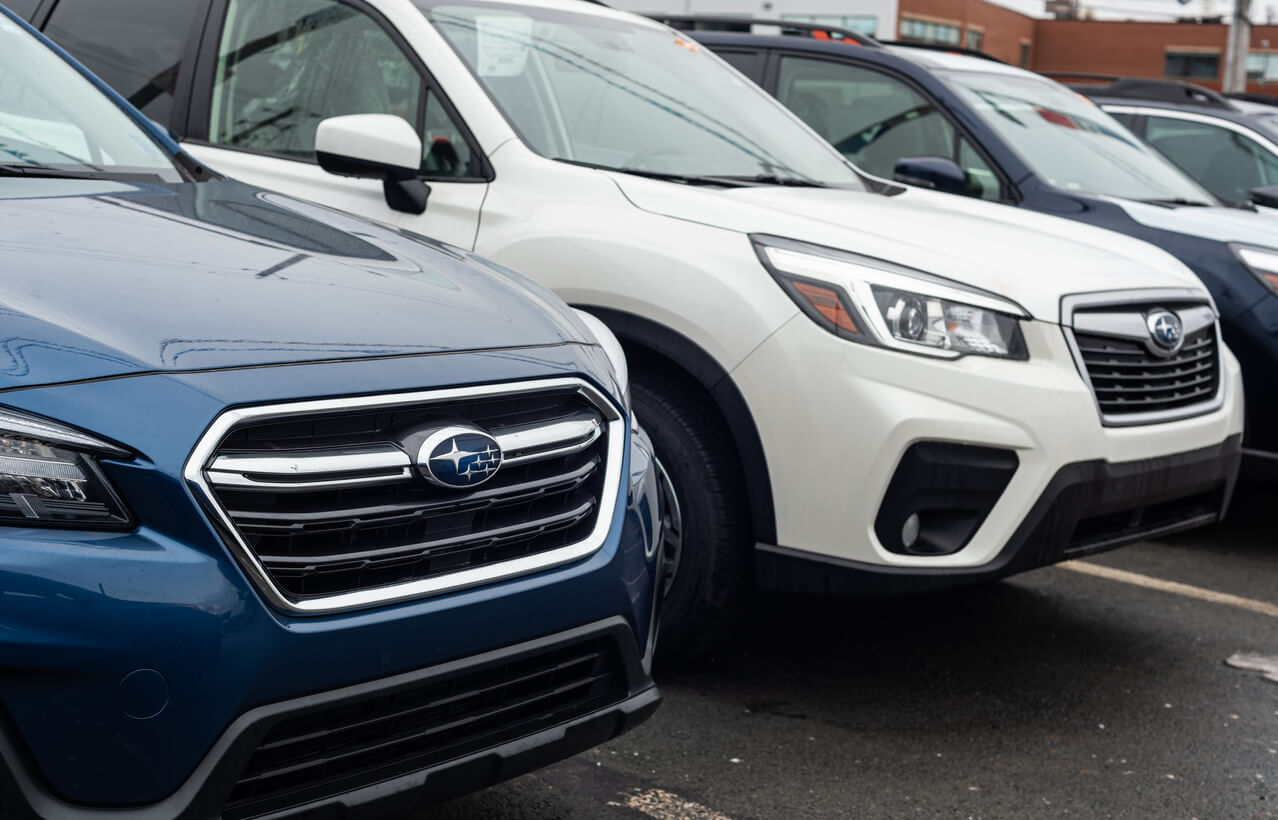Toyota and Subaru’s first-ever all-electric SUVs are now under legal fire. A new class action lawsuit alleges that the 2023–2025 Toyota bZ4X and 2023–2025 Subaru Solterra suffer from a critical defect in their 12-volt battery systems, leading to repeated failures, stranded drivers, and out-of-pocket towing costs.
But while a class action may offer some compensation, many legal experts agree: opting out and pursuing an individual case could lead to far greater benefits.
History Behind the Class Action
The lawsuit, filed as Wade, et al. v. Toyota Motor North America Inc., et al., claims that the 12v batteries in these all-electric SUVs drain rapidly and repeatedly fail, even after warranty replacements.
Unlike the high-voltage lithium-ion battery that powers the vehicle’s motor, the 12-volt battery is responsible for essential accessories like windshield wipers, windows, seat adjustments, and heating/cooling fans. It’s also required to activate the main electric powertrain.
When the 12v system dies, drivers are often left stranded, unable to start or drive the car—even if the high-voltage battery is fully charged.
According to the plaintiffs, Toyota and Subaru were aware of these battery system flaws before launch but sold the vehicles anyway, continuing to deny full responsibility even after customer complaints and multiple battery replacements.
Which Vehicles Are Affected?
The lawsuit targets the following all-electric models:
- 2023–2025 Toyota bZ4X
- 2023–2025 Subaru Solterra
While Toyota and Subaru collaborated on the design and platform of these vehicles, both brands are now under scrutiny for allegedly failing to fix or acknowledge the persistent 12v battery issue.
What Compensation Might the Class Action Provide?
The lawsuit is still in early stages, and no settlement has been announced yet. However, if successful, the class action may lead to:
- Reimbursement for 12v battery replacements
- Compensation for towing expenses
- Possible warranty extensions or vehicle buybacks
Consumers will need to submit documentation, such as repair records or service receipts, to qualify for any potential reimbursement.
Why You Should Consider Opting Out
Class actions often result in limited compensation. In many cases, plaintiffs receive only partial reimbursement for repair costs, and only if they can provide strict proof of expenses.
By opting out, you preserve the right to file an individual lemon law claim, which may result in significantly higher compensation, including:
- Full vehicle repurchase
- Refunds for all repairs and rentals
- Payment for time lost and emotional distress
If your Toyota bZ4X or Subaru Solterra has left you stranded or frustrated due to a faulty 12v battery, you may be eligible to pursue your own case outside the class action.
How Toyota and Subaru Owners Can Take Back Control
While this class action lawsuit has been initiated, thousands of Jeep owners are likely affected by the same alleged 12v battery issue, with many expressing dissatisfaction over The Japanese Automakers inadequate solutions. These types of issues often lead to escalated legal action, highlighting the importance of protecting consumer rights.
If you struggle with vehicle troubles and feel cornered against big vehicle brands, remember it is always better to have experts with you. With extensive experience and successful cases at hand, The Lemon Firm is your best bet. With dedicated team members always at your disposal, the package becomes too good to be true. So, if your car is giving you a headache, don’t hesitate to reach out!
Call 833 Lemon Firm and speak with a case analyst today!









